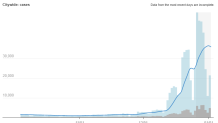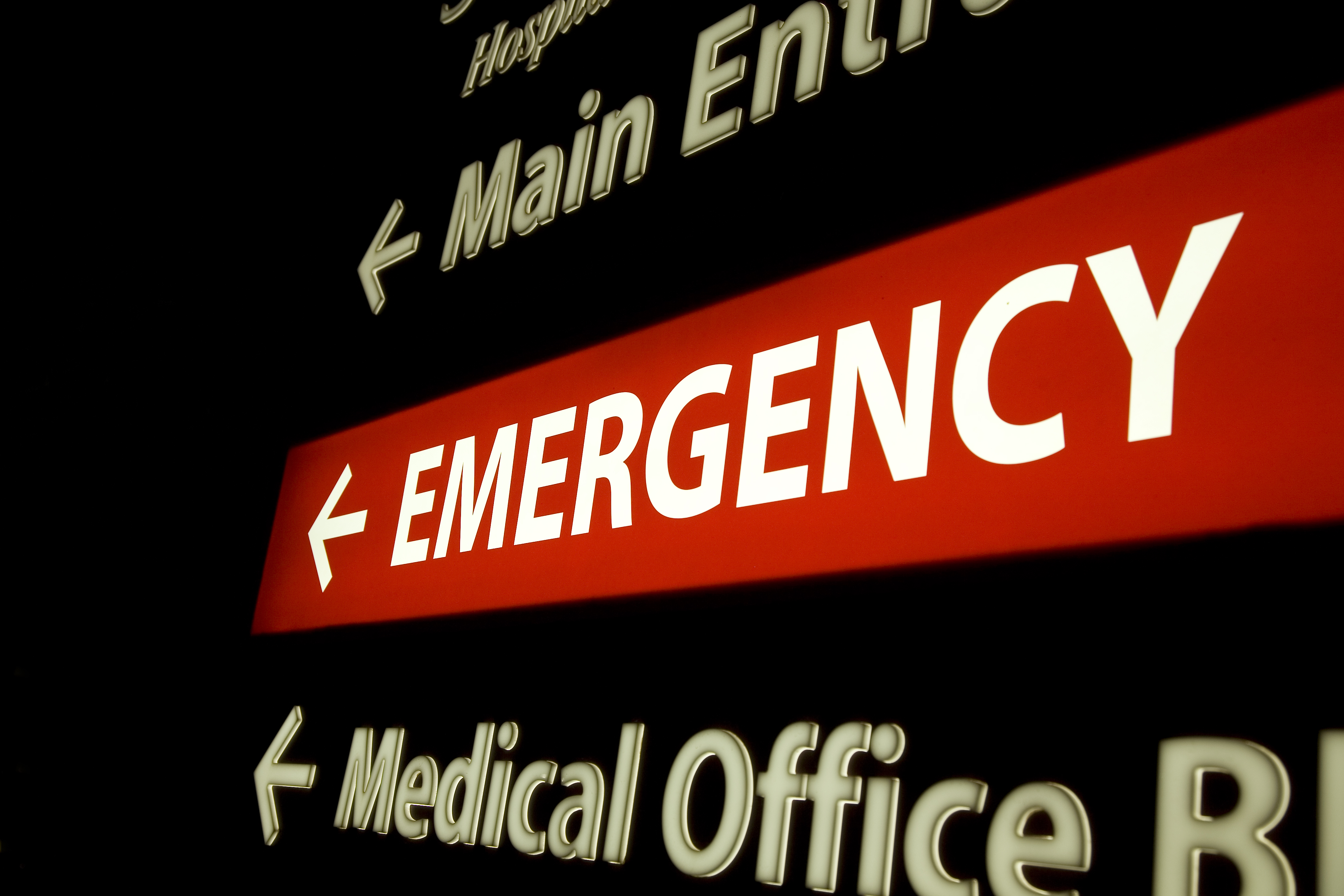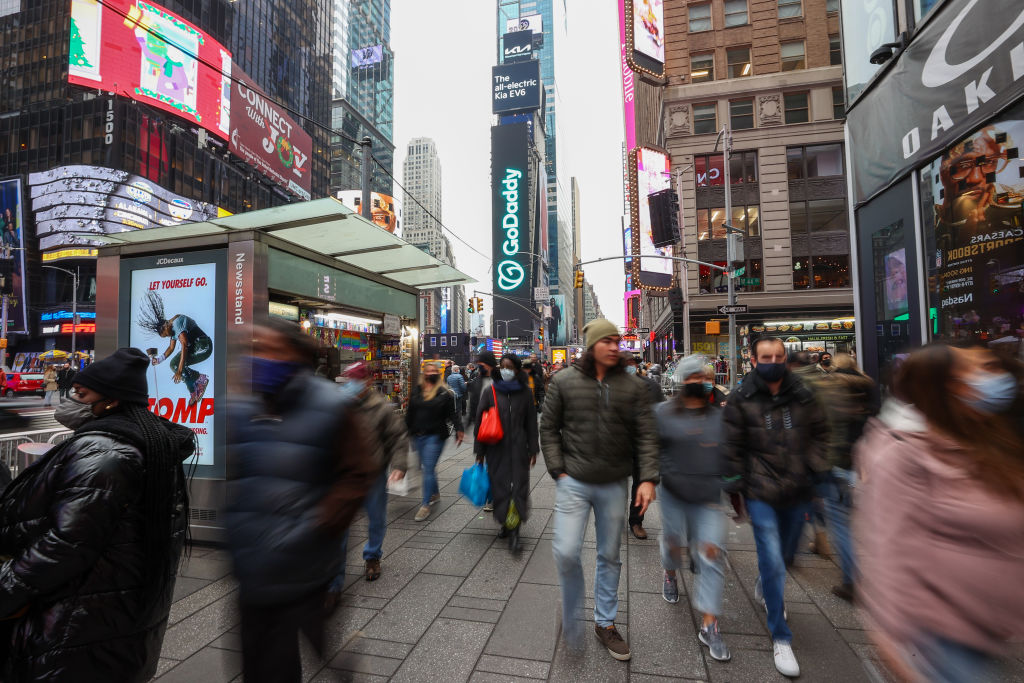What to Know
- New York Gov. Kathy Hochul continues to push vaccinations and testing as the state battles its worst COVID-19 wave in a year; total hospitalizations topped 11,000 and then some on Thursday
- Neither the city nor the state has seen such high virus admission rates since late April 2020; totals are expected to climb further amid high spikes in daily caseloads that aren't expected to ebb until February
- The CDC estimates that omicron, the first NY case of which was confirmed on Dec. 2, now accounts for up to 99.1% of current COVID-19 cases in the region
New York state reported 130 new COVID fatalities on Thursday, the highest single-day toll since the mass vaccination rollout, and more than 11,000 hospital admissions, the highest total since the peak of the crisis in the spring of 2020.
Gov. Kathy Hochul reported 84,202 new COVID cases in the last day, which is 1,274 cases shy of the single-day record of 85,476 the governor announced on the first day of the new year.
More than one in five New York COVID tests are coming back positive these days, and the city has seen positivity rates nearing one in every three tests at times over the last month. As eye-popping as the daily case reports have become, experts say infections alone, which have proven to be milder when associated with omicron versus delta, are not their primary concern.
Get Tri-state area news and weather forecasts to your inbox. Sign up for NBC New York newsletters.
The primary concerns, elected officials, experts and public health leaders agree, are around COVID hospitalization and death rates. Those critical indicators, too, show extensive increases over the last six weeks apart from a brief holiday downtick. New York City's rolling hospitalization average is up 62% over the averages for the prior four weeks and has grown by nearly nine times since Dec. 1.
The five boroughs now account for more than half of the more than 11,000 COVID patients hospitalized statewide. The totals for both state and city are currently the highest they've been since late April 2020, the worst of the early pandemic.
Still, hospitalizations don't tell the whole story. Some cases in the official count involve COVID-19 infections that weren't what put the patients in the hospital in the first place. Many have underlying conditions that compound the severity of their COVID-related illnesses.
According to Dr. Fritz François, chief of hospital operations at NYU Langone Health, 65% of patients admitted to that system with COVID recently were primarily hospitalized for something else and found to have the virus.
Manhattan emergency room physician Dr. Craig Spencer, who has been documenting his experiences in recent weeks, is finding similar trends too. As he explained in a lengthy Twitter thread earlier this week, this current COVID wave is "making people really sick in a different way."
"Today it seemed like everyone had COVID. Like, so many. And yes, like before, there were some really short of breath and needing oxygen. But for most, COVID seemed to topple a delicate balance of an underlying illness," Spencer wrote.
New York City hospital officials, though, say the situation isn't dire right now. Generally, the patients aren’t as sick as they were earlier in the pandemic. Of the patients currently hospitalized in New York City, about 666 are in ICU beds. That's the highest total since Feb. 22, 2021, five-fold less than the April 2020 numbers.
“We’re not even halfway to what we were in April 2020,” said Dr. David Battinelli, the physician-in-chief for Northwell Health, New York state’s largest hospital system.
More Coverage
Fatalities will likely rise as a default consequence of the soaring hospitalization rates, but the milder nature of omicron vs. delta, along with the power of vaccinations to prevent severe illness and death, should mitigate the increases.
New York state has now reported two days of triple-digit deaths this week. Both are the first triple-digit tolls since the widescale vaccination rollout. The first recent fatality high came on Monday, when the state reported 103 deaths. It was the same day that state hospitalizations topped surge levels from January 2021.
New York City accounted for about 48% of the 130 deaths reported by the state on Thursday. Brooklyn has been affected most as of late in that regard, accounting for 24 of the city's 62 new COVID deaths as reported by the state in the last day, but deaths remain well above recent averages for Queens (16 on Thursday), the Bronx (11) and Manhattan (7) as well.
Overall, the city's increases in fatality rates amid this omicron wave have been substantially less than increases on the other core metrics. As of Thursday's data, the rolling fatality average for the last seven days is up 35% over the rolling averages for the prior four weeks. Case lines have been trending sharply upward, though the latest chart indicates there could be the beginning of a plateau. It'll likely take another week or two to determine if that's a holiday blip or a positive trend.

Could there be a rapid down-surge instead of a slow easing of cases, given the extent of vaccinations in the city and enhanced protocols to start 2022? That's the hope, though time will tell as far as whether that hope translates to reality.
South Africa, where the variant first emerged in early November (though likely was spreading before it was detected), says its omicron peak appears to have passed without major upticks in COVID deaths, which experts say is promising news.
Ultimately, officials say vaccinations will quell the increases in hospitalizations and deaths associated with the omicron wave. That's why they're urging calm at this time -- and pushing vaccinations and COVID boosters for those who have to get them. That's especially true for children, who have seen COVID hospitalizations soar to unprecedented numbers in New York, New Jersey and Connecticut lately.
New York Gov. Kathy Hochul acknowledged people are exhausted by the pandemic, but pleaded with them to keep up with precautions and get vaccinated as the state pushes to get past this winter surge without it worsening any further.
"Let's continue to use the tools that will protect ourselves, our children and our vulnerable loved ones from getting severely sick or hospitalized from COVID," she said in a statement Wednesday. "Please get fully vaccinated, get the booster, wear a non-cloth well-fitting mask and exercise caution while indoors."




